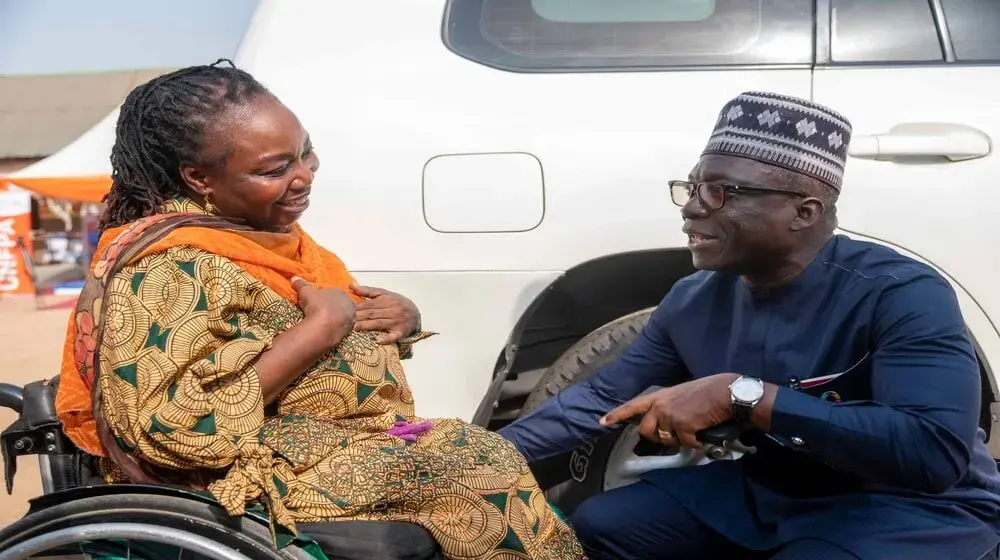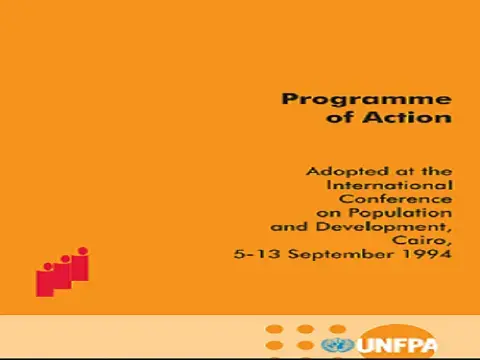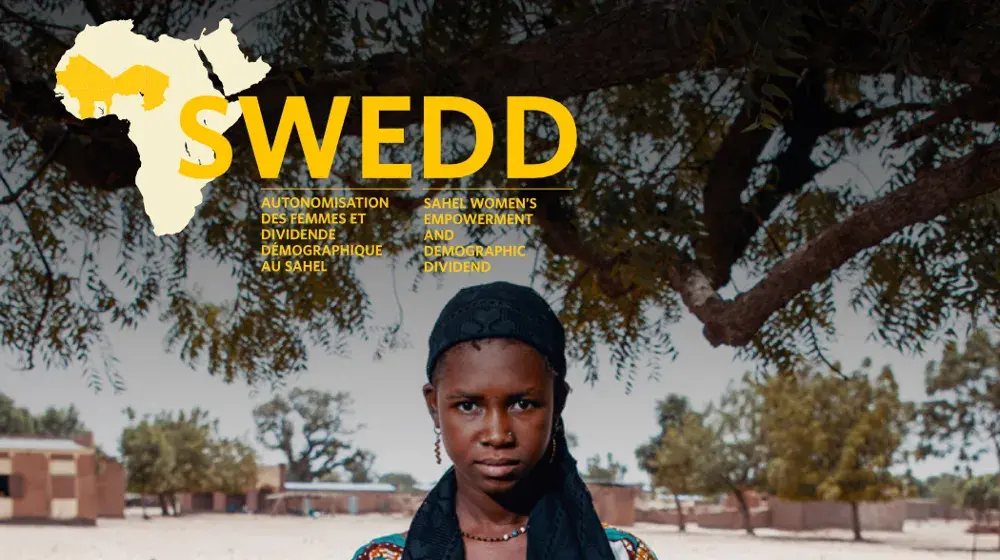The meeting brought together staff from the Regional Office, representatives from the country offices of Congo, Cameroon, Chad, DR Congo and CAR, as well as officials of the Economic Community of Central African States. All these countries are affected by the crisis as they are receiving refugees or returnees from CAR.
The consultation aimed to scale up UNFPA’s programmatic and humanitarian response to the unfolding tragedy.
“We need to enhance UNFPA’s humanitarian response in CAR and the surrounding countries in a more coordinated manner and set up new approaches that foster a close collaboration among the countries represented, which are the main destinations of forced relocation for either refugees or returnees”, declared Mr Benoit Kalasa, the Regional Director for West and Central Africa. He invited participants to think differently and emphasized “the need to be flexible, adaptable and innovative in our approach”.
During the two-day meeting, representatives from the different countries shared experience on UNFPA’s current response to the crisis in their respective countries, highlighting the strengths, constraints and the areas of potential improvement.
UNFPA invited partners key amongst them being the regional economic community of ECCAS (Economic Community of Central Africa States), represented by its Deputy Secretary General, Dr. Crispin Rondo, the International Federation of Red Cross and Red Crescent Societies, through the Africa Zone Director, Mr Alassane Senghore and OCH A (United Nations Office for the Coordination of Humanitarian Affairs Office ) represented by its Response Advisor for West and Central Africa, Mr Laurent Dufour.
A key action plan addressing the challenges to overcome in order to scale up the response was developed at the end of the meeting.
UNFPA, the United Nations Population Fund - Delivering a world where every pregnancy is wanted, every childbirth is safe and every young person's potential is fulfilled
Regional Communication Adviser Hugues Kone
Email: kone@unfpa.org
Aissa Dabo
Email: dabo@unfpa.org
Since the outbreak of the crisis UNFPA, the United Nations Population Fund has been at the forefront to provide strategic and timely response in the Central African Republic (CAR). Using the adapted 100-days as a master plan for its first line response from December 2013 to end of March 2014, the country office was able to provide assistance to affected population first in Bangui and then outside the capital city in three hubs when the security situation allows.
The CAR country office has scaled up its humanitarian response after the first three month. Meanwhile, the surrounding countries (Congo-Brazzaville, Cameroon, DR Congo and Chad) have also established their response as part of the humanitarian community in order to respond to the needs of the affected population. In all countries, UNFPA response to the consequences of the crisis is mostly around the implementation of the minimum initial service package (MISP) for sexual and reproductive health in emergencies which includes prevention and response to gender-based violence, at least for its medical and psychosocial aspect. Efforts to collect data that facilitate the programming process are also part of the portfolio.
As of June 10, 2014, the population of internally displaced persons (IDP) in Bangui is estimated at 126,600 in 44 sites with another 425,000 outside the capital city for an overall total of 551,600 IDPs countrywide while 2,5 million (half of the total population) people are considered in need of immediate humanitarian assistance.




